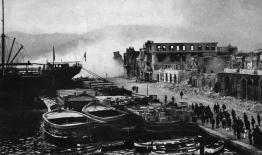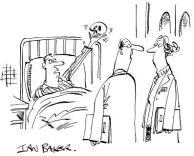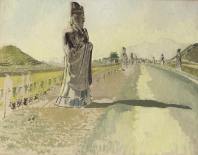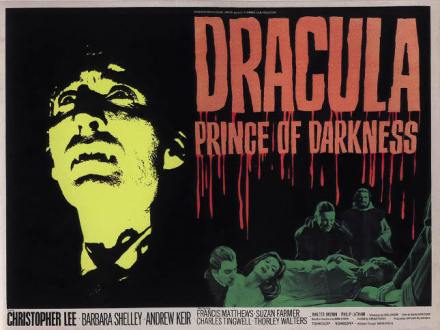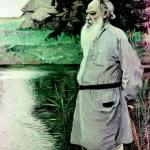Feeling pleasantly uncomfortable
It is rare for stories to be specially commissioned for an audio book, but as Maxim Jakubowski, the editor of The Sounds of Crime tells us in a pre-thrill talk, he ‘begged’ the five writers he considered to be the best in their field to produce a new story for this collection; and ‘happily for me,’ he tells us, ‘they all agreed.’ Jakubowski’s introduction evokes those black-and-white days when Alfred Hitchcock shuffled on to millions of walnut-encased television sets to present us with half an hour of spine-tingling tension — very much as we have with each of the stories here. It is rare for stories to be specially commissioned




